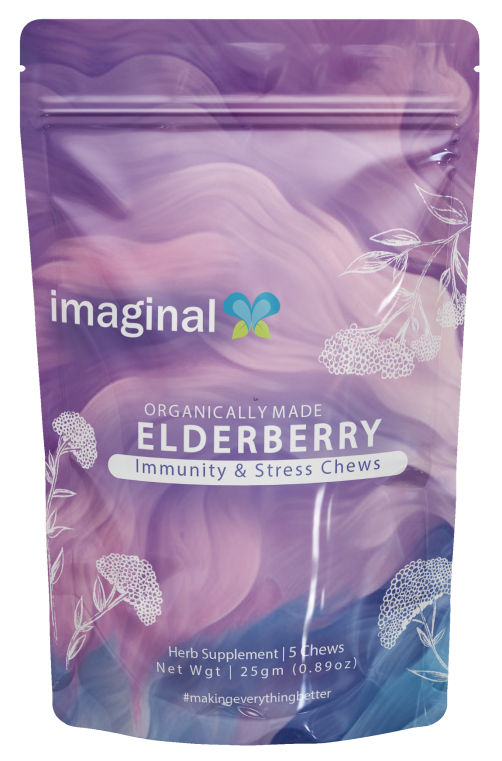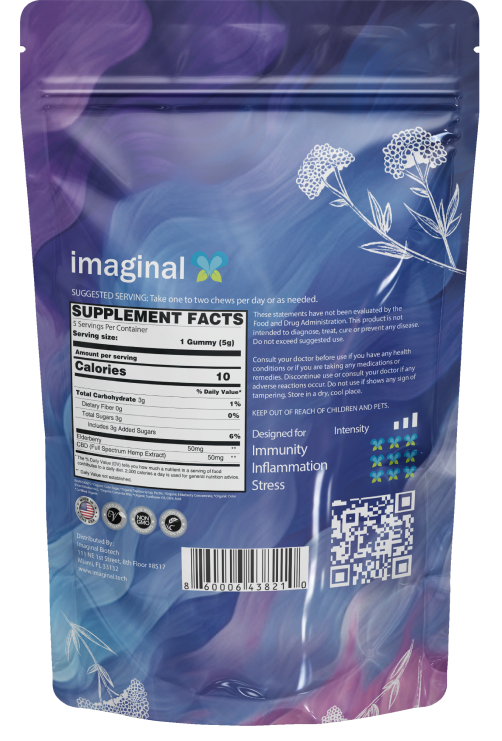A few years ago, CBD hit the mainstream, and since then, its popularity has soared. CBD is in everything right now from gummies to pillows, Yes, you read that right, pillows.

And it doesn’t seem like CBD’s popularity is going to fade anytime soon. In fact, according to experts, by 2025, the CBD industry will be worth about $9.69 billion. CBD is here to stay.
There are several reasons why CBD has become so popular, and one of them is the claim that CBD is not psychoactive. But is this true? Or is this the case of an misconception being more popular than the actual fact?
That’s what we are going to find out in this article.
What is CBD?
Before we look at whether CBD is psychoactive or not, we need to look at what CBD is. If you are already familiar with CBD, consider this a refresher course. If you are not, then this is the perfect opportunity for you to learn about this compound that has taken the world by storm.
CBD is short for cannabidiol, one of the primary compounds found in the cannabis plant. According to research, CBD makes up roughly 40% of the cannabis plant’s extract.
CBD belongs to a group of compounds known as phytocannabinoid. These are compounds found in the cannabis plant that affect the body’s endocannabinoid system. If you are curious about the endocannabinoid system and its role in the body, we wrote a detailed article about it.
CBD interacts with cannabinoid receptors in the brain and the body to create the effects associated with it.
What does the word psychoactive mean?
Now that we've looked at CBD let's look at the term psychoactive.
Here’s a fun trivia fact for you, a psychoactive substance is also known as a psychotropic substance.
According to medical experts, a psychoactive substance is one that changes a person’s mental state by affecting how their central nervous system or brain work. When a person’s mental state is altered, they might notice a change in their mood, perception, or consciousness.
This definition is neutral and refers to both legal and illegal substances. However, when most people hear the word psychoactive, they think of illicit substances, drugs that alter the functioning of one’s mind. That’s why there’s a negative air around the word psychoactive.
What does the word intoxicating mean?
Before we answer our $64,000 question, we need to look at one more word, intoxicating.
Why?
Because intoxicating is one of the words that crop up when people are talking about CBD. And people tend to use the words psychoactive and intoxicating interchangeably.
According to experts, an intoxicating substance is one that, when taken, can cause someone to lose control of their faculties or behavior. The most common example of an intoxicating substance is alcohol. We all know what happens when someone takes too much alcohol.
Cannabis is another example of an intoxicating substance. When people use marijuana, they experience an intoxicating sensation(aka “the high”) which is caused by the phytocannabinoid THC.
Is intoxicating the same as psychoactive?
After looking at the definitions of each term, we can confidently say that an intoxicating substance is not the same as a psychoactive substance.
An intoxicating substance causes a person to lose control of their behavior, while a psychoactive substance only affects one's mental state. And while all intoxicating substances have a psychoactive effect, not all psychoactive substances have an intoxicating effect.
Is CBD psychoactive?
Now it’s time for us to get to the heart of the $64,000 question. Is CBD psychoactive?
Before I started researching this article, I thought the answer would be a resounding no. And I'm sure I'm not the only one who believed CBD is not psychoactive.
But the truth is, CBD is psychoactive.
Here’s why:
Earlier, we saw that a psychoactive substance is one that changes a person’s mental state. It does this by affecting how their brain or central nervous system works. From what we know of CBD, we can safely say that it ticks all the boxes to be considered a psychoactive substance.
It affects the brain and the central nervous system through the endocannabinoid system thus changing a person’s mental state.
This is why CBD is so popular among people dealing with anxiety. By affecting their mental state, it helps them handle their anxiety better.
Is CBD intoxicating?
Another question we have to answer is whether CBD is intoxicating. Here’s something you might not know though, this question was actually answered in 1946 by Dr. Walter Siegfried Loewe.
In 1946, 6 years after Dr. Rogers isolated CBD from cannabis, Dr. Loewe began testing it on mice. Apart from CBD, Dr. Loewe also used THC and CBN in his experiments. Dr. Loewe wanted to find out the effects of these cannabinoids on the minds of mice.
He discovered that THC caused catalepsy (a type of induced trance) in mice, signifying that it had an effect on the mind. On the other hand, CBD and CBN produced no observable effect in the mice.
This was the first indicator that CBD is not intoxicating. Further studies have gone on to cement the fact that CBD does not produce the intoxicating effect associated with THC.
Why the confusion?
I’ll be the first to admit that I was confused on whether CBD is psychoactive or intoxicating. And a lot of the confusion stems from using the two words interchangeably. However, we now know that these words couldn’t be any more different. They might sound the same, but they refer to different phenomena.
Another reason why there is so much confusion is because of the negative attitude towards the word psychoactive. As long as people continue viewing it in a negative light, they will refuse to associate it with CBD which they view in a positive light.
We hope that by sharing the meaning of the word psychoactive we can end the negativity around it.
Final thoughts
CBD is psychoactive but not intoxicating. Those are the facts. And we hope that you’ll help us share this fact by sharing this article with your friends and family.
If you liked this article, why don’t you check out our blog for more articles or check out our shop for high quality, broad-spectrum CBD products.




